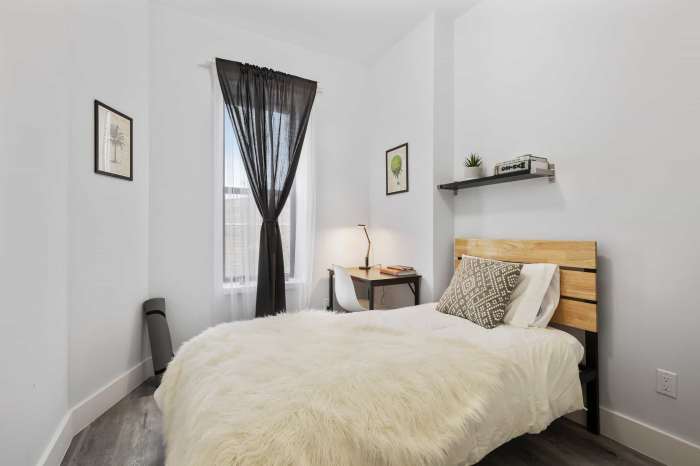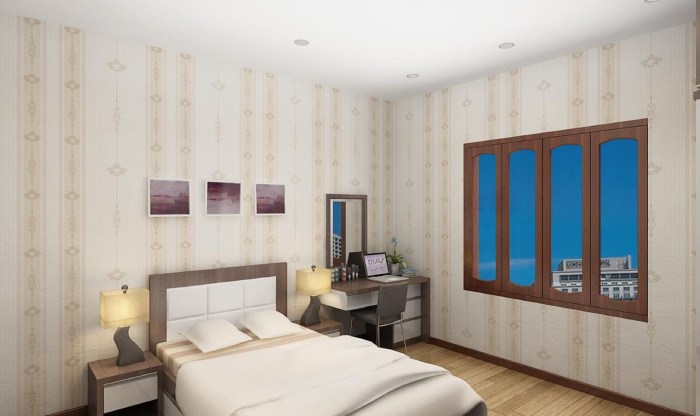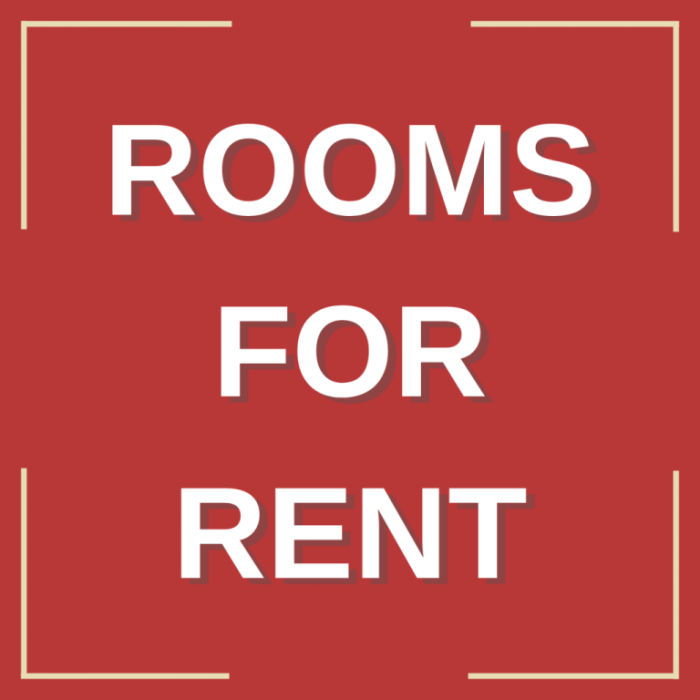Rooming Houses for Rent Near Me
Understanding the Search for Rooming Houses
The search term “rooming houses for rent near me” reveals a specific need for affordable and often temporary housing. Understanding the motivations behind this search is crucial for effectively targeting potential renters and providing relevant information.
Search Motivations and Demographics
Individuals searching for “rooming houses for rent near me” are driven by various factors, including budget constraints, the need for short-term accommodation, or a preference for shared living arrangements. The demographic is diverse, encompassing students, young professionals, recent immigrants, and individuals facing financial challenges. Many prioritize affordability and proximity to work or educational institutions.
User Needs and Priorities
Renters seeking rooming houses often prioritize affordability, location, and a sense of community. Safety and cleanliness are also key concerns. The need for furnished rooms, shared amenities (kitchen, bathroom), and reliable internet access is also common. Some may prioritize a quiet environment while others may prefer a more social atmosphere.
Characteristics of Rooming House Seekers
Typical individuals seeking this type of accommodation are often budget-conscious, prioritizing affordability over luxury. They may be relocating for work or education, seeking temporary housing, or simply preferring a shared living experience. They may be independent or socially inclined, seeking either privacy or a sense of community.
Location and Pricing of Rooming Houses
The availability and cost of rooming houses vary significantly based on geographic location. Urban centers typically offer more options but at higher prices, while suburban areas may have fewer options but lower rental rates. Understanding these regional differences is essential for renters.
Geographic Impact on Availability and Pricing
Proximity to employment centers, educational institutions, and public transportation heavily influences rental rates. Areas with high demand and limited supply generally command higher prices. Conversely, less desirable or more remote locations often have lower rental costs. For instance, a rooming house near a university campus will likely be more expensive than one in a quieter residential neighborhood.
Factors Influencing Rent Prices
Several factors influence rooming house rent, including the size and condition of the rooms, the number and quality of shared amenities, the neighborhood’s safety and desirability, and the overall housing market conditions. Demand during peak seasons (e.g., academic year) also impacts pricing.
Amenities and Features Across Locations
Rooming houses in urban areas might offer more modern amenities but at a premium, while those in suburban areas might provide more space but fewer conveniences. Urban locations often have better access to public transportation and entertainment, while suburban areas might prioritize quiet and more green space.
Price Comparison Table
| Neighborhood | Average Rent | Amenities | Distance from City Center |
|---|---|---|---|
| Downtown | $800-$1200 | Shared kitchen, bathroom, laundry, Wi-Fi | 0.5 miles |
| Suburban Area A | $600-$800 | Shared kitchen, bathroom, parking | 5 miles |
| Suburban Area B | $500-$700 | Shared kitchen, bathroom | 10 miles |
Rooming House Features and Amenities
The features and amenities offered in rooming houses significantly impact their appeal and rental rates. Understanding these features is vital for renters to make informed decisions.
Typical Features and Desirable Amenities
Common features include furnished rooms, shared kitchens and bathrooms, and sometimes laundry facilities. Desirable amenities that attract renters include high-speed internet, ample storage space, parking, and a clean and well-maintained environment. A welcoming and safe atmosphere is also highly valued.
Shared vs. Private Rooms
Shared rooms typically offer lower rent but less privacy. Private rooms provide more privacy and personal space but often come at a higher cost. The choice depends on individual preferences and budget constraints. Shared rooms may foster a sense of community, while private rooms provide more independence.
Desirable Rooming House Features
- Furnished rooms
- Clean and well-maintained common areas
- High-speed internet access
- Secure building with adequate lighting
- Convenient location near public transportation
- On-site laundry facilities
- Ample storage space
- Friendly and responsive landlord/property manager
Legal and Safety Considerations: Rooming Houses For Rent Near Me

Source: outpost-club.com
Understanding the legal aspects and safety measures associated with rooming houses is crucial for both landlords and renters. This section Artikels important considerations for a safe and legally sound rental experience.
Legal Requirements and Regulations
Rooming houses are subject to various local regulations, including occupancy limits, fire safety codes, and health standards. Landlords must comply with these regulations to ensure the safety and well-being of their tenants. Renters should be aware of their rights and responsibilities under the relevant laws.
Tenant Rights and Responsibilities
Tenants have rights concerning safety, privacy, and fair treatment. They also have responsibilities, such as paying rent on time, maintaining cleanliness, and respecting house rules. Understanding these rights and responsibilities is crucial for a positive rental experience.
Safety Concerns and Best Practices
Potential safety concerns include inadequate fire safety measures, security issues, and the potential for conflicts among housemates. Renters should prioritize choosing well-maintained properties in safe neighborhoods, and communicate any concerns promptly to the landlord.
Verifying the Legitimacy of Listings

Source: cloudfront.net
Thoroughly research the landlord and property before signing any lease. Verify the legitimacy of online listings by checking reviews, contacting local authorities, and inspecting the property in person. Avoid deals that seem too good to be true.
Finding and Evaluating Rooming Houses
Finding a suitable rooming house requires a systematic approach. This section provides a step-by-step guide to aid in this process.
Effective Search Strategies
Utilize online platforms, local classifieds, and community bulletin boards to find available rooming houses. Refine searches by location, price range, and desired amenities. Consider networking with friends, colleagues, or university contacts for potential leads.
Verifying Online Listings

Source: suppliers.ph
Verify online listings by checking reviews, contacting previous tenants (if possible), and independently verifying the landlord’s information. Visit the property in person to assess its condition and safety.
Questions to Ask Potential Landlords, Rooming houses for rent near me
Prepare a list of questions to ask potential landlords, including details about the lease terms, utilities, house rules, security measures, and the landlord’s contact information. Clarify any uncertainties before signing a lease.
Negotiating Rent and Lease Terms
Negotiate rent and lease terms based on market rates and the property’s condition. Understand all clauses in the lease agreement before signing. Consider seeking legal advice if needed.
Illustrative Examples of Rooming Houses
This section provides examples of rooming houses in different settings to illustrate the diversity of options available.
Typical Urban Rooming House
Imagine a rooming house in a bustling city neighborhood. The building might be older, with shared bathrooms and a communal kitchen. Rooms are likely small but functional, furnished with basic essentials. The surrounding environment is vibrant, with easy access to shops, restaurants, and public transportation. The atmosphere might be energetic and social, with a mix of young professionals and students.
Rooming House in a Suburban Setting
Contrast this with a rooming house in a quieter suburban area. The building might be newer or better maintained, with potentially private bathrooms and more spacious rooms. The surrounding environment is likely calmer and more residential, with more green space and a slower pace of life. The atmosphere might be more relaxed and family-oriented.
Finding the right rooming house can be challenging, especially if you’re on a budget. If you’re considering a broader search, you might want to explore options beyond your immediate area; for instance, you could check out resources for oregon houses for rent to see if anything fits your needs and budget. Returning to your local search, remember to also factor in commute times and neighborhood amenities when choosing your ideal rooming house.
Positive Renter Experience
A positive experience involves a clean, well-maintained property with responsive management, friendly housemates, and a convenient location. The landlord respects tenant rights and addresses concerns promptly. The overall atmosphere is welcoming and supportive.
Negative Renter Experience
A negative experience might involve a poorly maintained property with safety hazards, unresponsive management, and conflict with housemates. The landlord might be unresponsive to complaints, violating tenant rights. The overall atmosphere is stressful and unpleasant.
Commonly Asked Questions
What are the typical lease terms for rooming houses?
Lease terms vary but are often shorter than traditional apartment leases, ranging from month-to-month to a year. Always review the specific terms carefully before signing.
How do I find reputable rooming houses online?
Use reputable online platforms and verify listings independently. Check reviews, contact previous tenants if possible, and verify the landlord’s legitimacy.
What utilities are usually included in the rent?
This varies greatly. Some may include utilities like water and internet, while others only include basic utilities. Always clarify what’s included before signing a lease.
What are my rights as a renter in a rooming house?
Your rights are largely similar to those in other rental situations. Familiarize yourself with local tenant laws and your lease agreement.




















